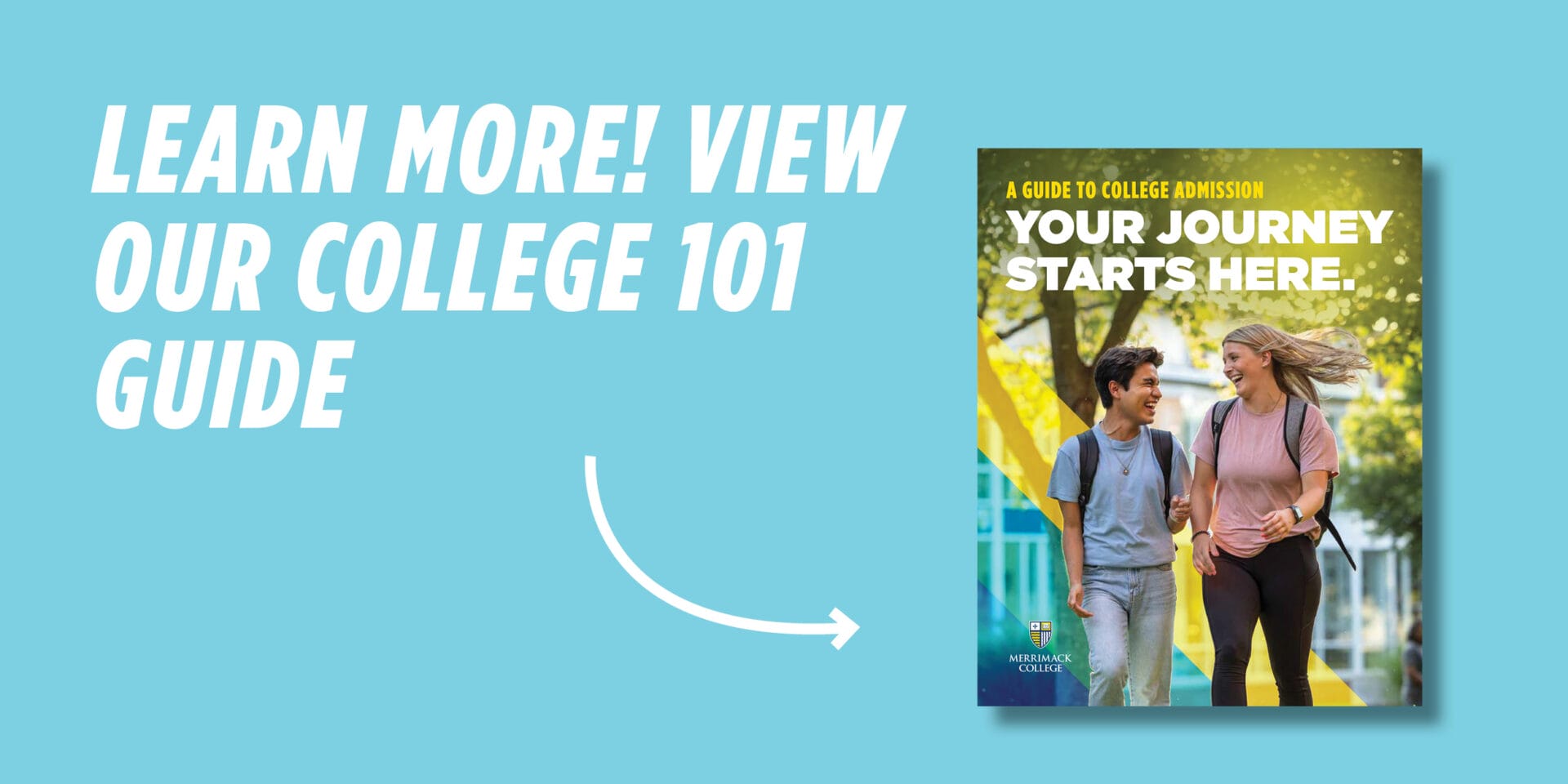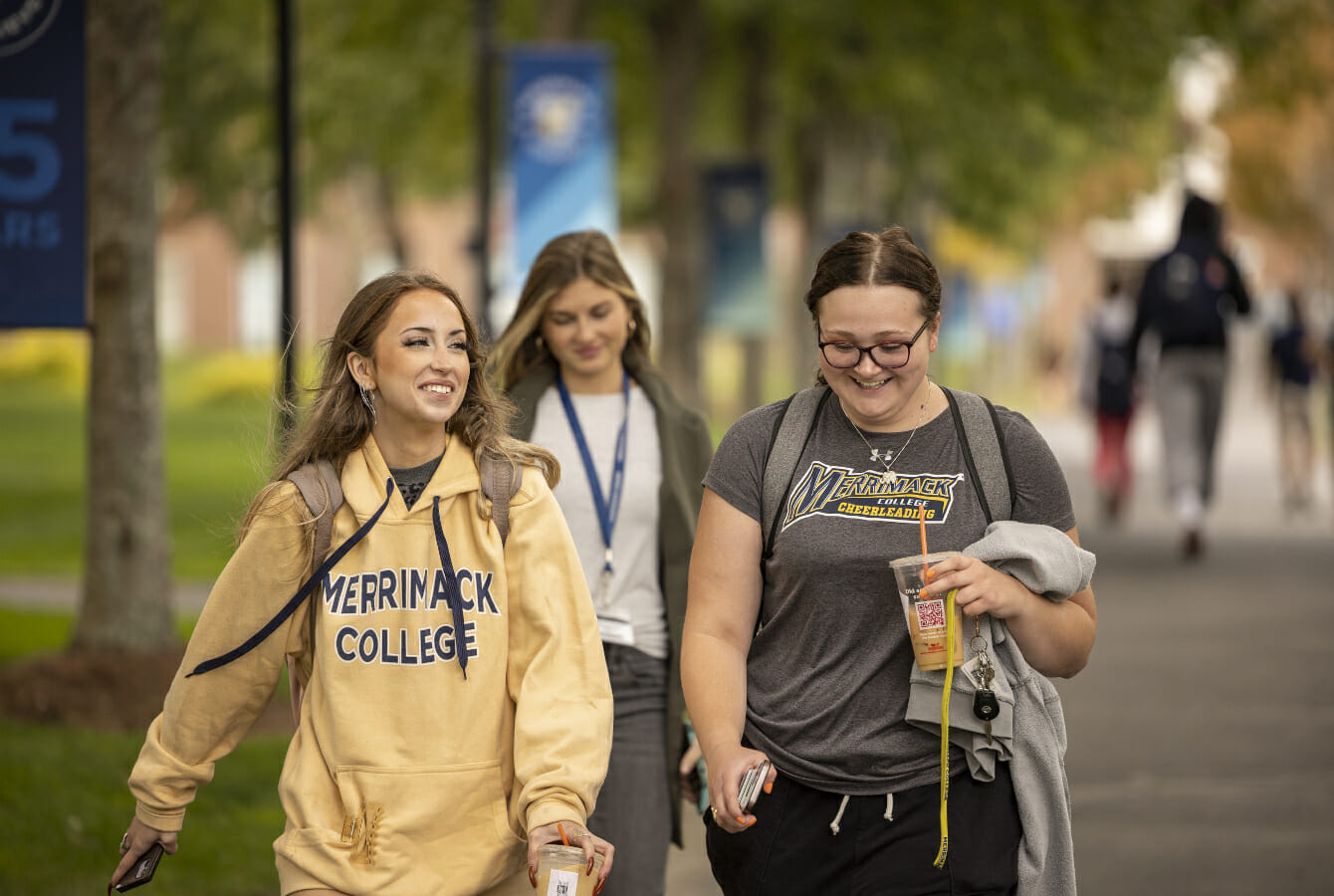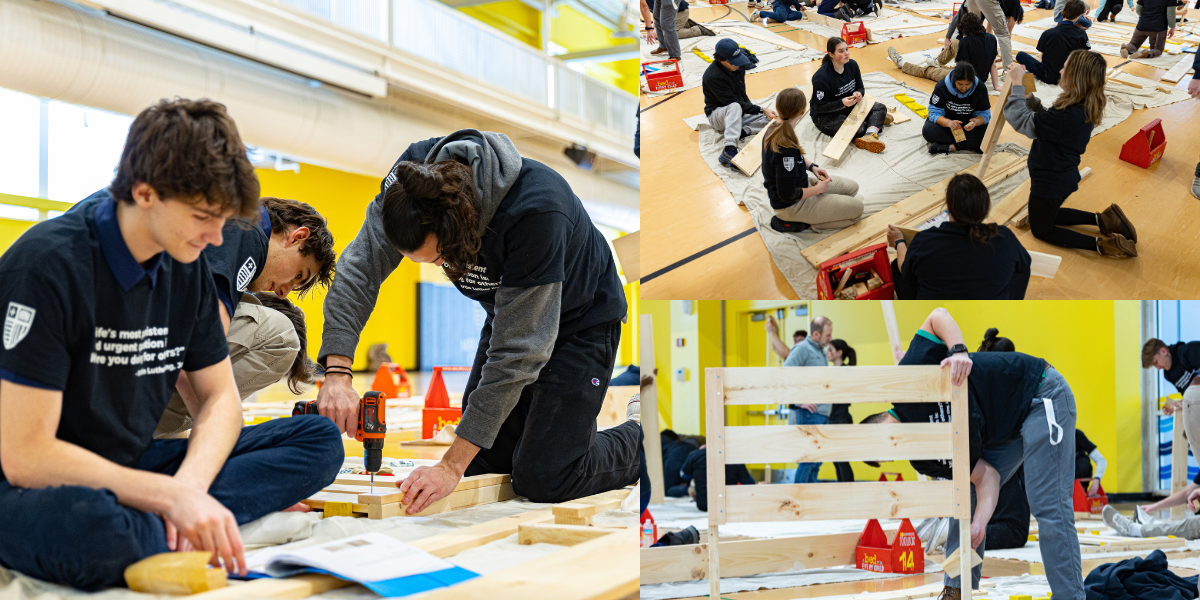Choosing the right colleges to apply to is a critical step in the admissions process. You want to create a balanced list that aligns with your academic interests, personal needs and future career goals—so let’s break down what that means and where to start!
Step 1: Ask yourself some questions
Before diving into the college search process, take some time to think about what you’re looking for. Ask yourself questions like:
- What is my intended major or field of study?
- Are you looking for a liberal arts college? A research university? A business school?
- Do you envision getting a graduate degree, like a Master’s or PhD?
- Do I have any location preferences?
- How far from home do you want to be: a car ride? A plane ride?
- How will you feel on a campus that’s in the city vs in the suburbs vs more rural?
- What extracurricular activities or clubs are essential to me?
- Are there any sports you hope to continue playing in college? What about performing arts, marching band, etc?
- Do you want to expand your learning outside of the classroom through study abroad, internships or research opportunities?
These questions will help you identify your priorities and create a list that truly checks all your boxes!
Step 2: Do your research
Explore various colleges and universities online while keeping your own preferences in mind. Key factors to consider during your research include:
- Academics: Make sure the schools on your list have the major(s) you want! Do they also have the resources (labs, internships, etc) to help you succeed? Does the college allow you to change your major if you change your mind?
- Size: How big do you want your campus to be? Think about walking from building to building in the dead of winter or peak of summer. Also consider the surrounding neighborhood; what’s nearby? Is it safe?
- Campus Culture: Investigate the campus atmosphere, student demographics and values of each institution. What sorts of events and activities are happening on campus? What clubs and organizations are represented?
- Student Support Services: These could be things like tutoring and academic help, mental health counseling, accessibility accommodations, career prep and other resources that show how much a school really cares about their students’ success.
- Admission Requirements: Check the academic profile (average GPA, test scores etc) of the student body to help understand what kind of applicant the college is looking for.
Step 3: Categorize your colleges
After conducting your research, categorize your colleges into different groups. Creating this categorization will help you ensure a balanced list that includes a mix of potential outcomes. You should have:
- 1 – 2 Reach Schools: These are colleges where getting admitted is a challenge but it’s not impossible.
- 4 – 6 Match Schools: These are colleges where your chances of acceptance are reasonably high.
- 1 – 2 Safety Schools: These are colleges where you should feel confident about your chances of acceptance.
Step 4: Visit campuses
Visiting the colleges on your list is important because it’s the only way to truly feel the vibe of campus. It’s your chance to see how people interact with each other and ask yourself if this is a community you can see yourself fitting in with.
Colleges offer a variety of different ways to engage with their campus community such as:
- Campus Tours: A guided walk around the college campus led by a current student or admission representative. During the tour, you will learn about the school and see students living their day-to-day life which helps you picture yourself as a student.
- Information Sessions: A presentation about the school that covers general information such as majors offered, how to apply and more. These are typically paired with tours and are also hosted by student ambassadors or admission counselors.
- Open House: A larger campus-wide event lasting a few hours or all day and usually include tours and info sessions, as well as other activities specific to academics, residence life, athletics, dining or other aspects of the college you don’t experience during a normal visit.
- Interviews: A one-on-one meeting with an admission representative where you discuss your goals and qualifications as a student and why you would be a good fit for their community. Some schools might require an interview or encourage one as part of the admission process.
Your list may change throughout the process and that’s ok. Just remember to stay true to your wants and needs because college is so much more than just a name on your diploma!
College 101 Guide
A step-by-step guide to keep you organized this year!






